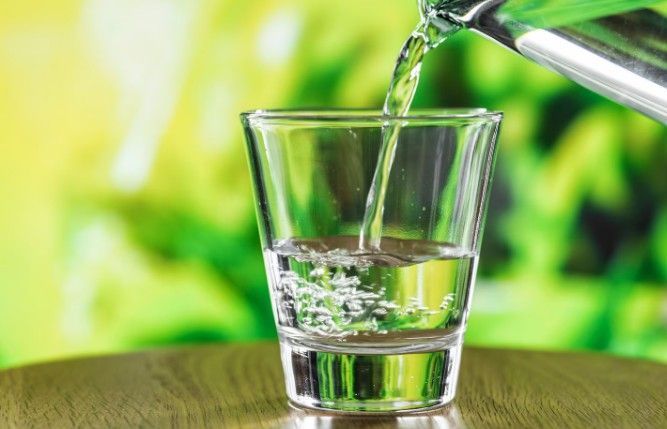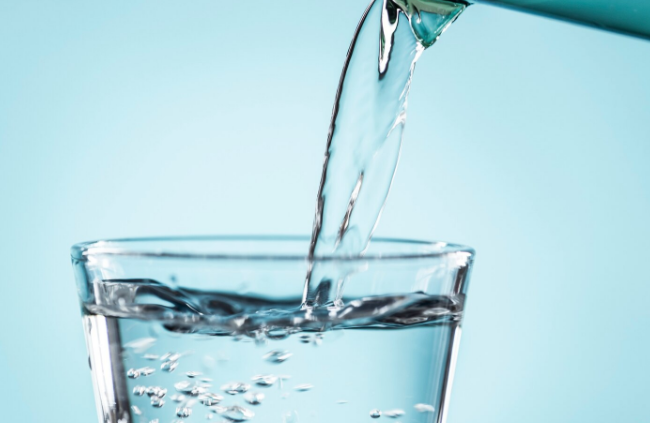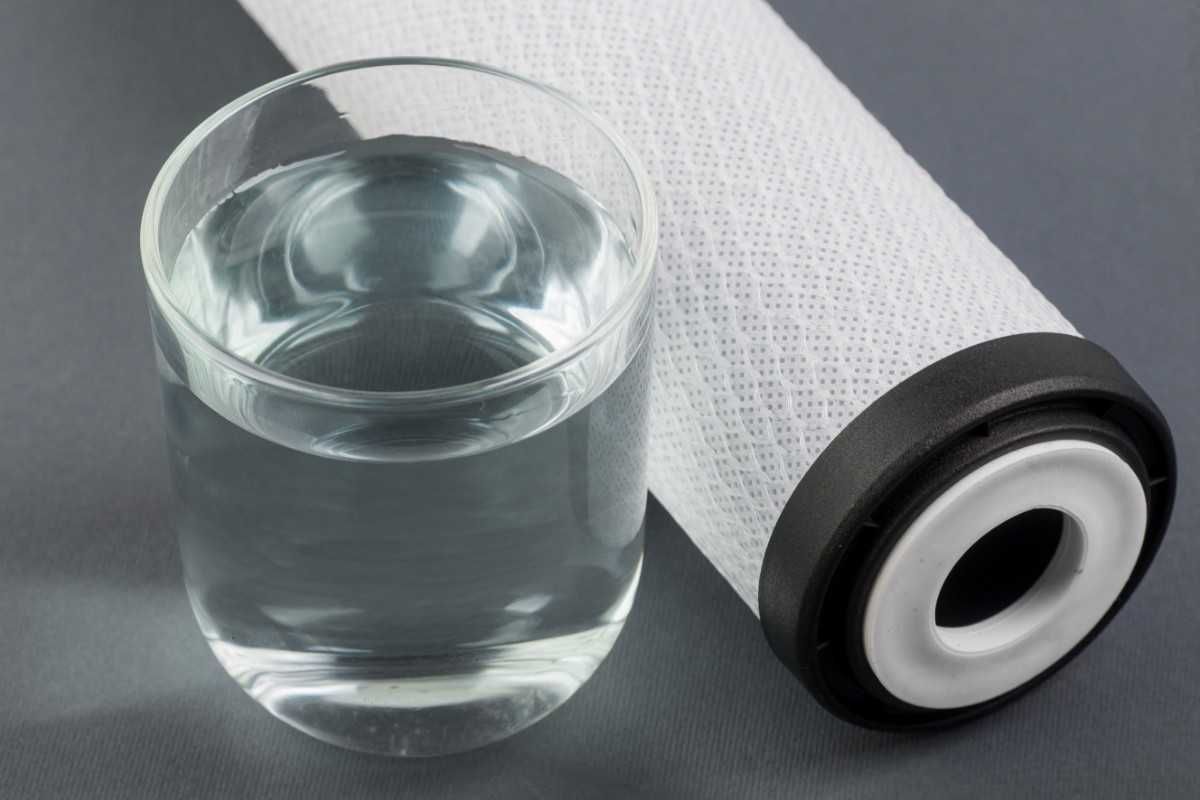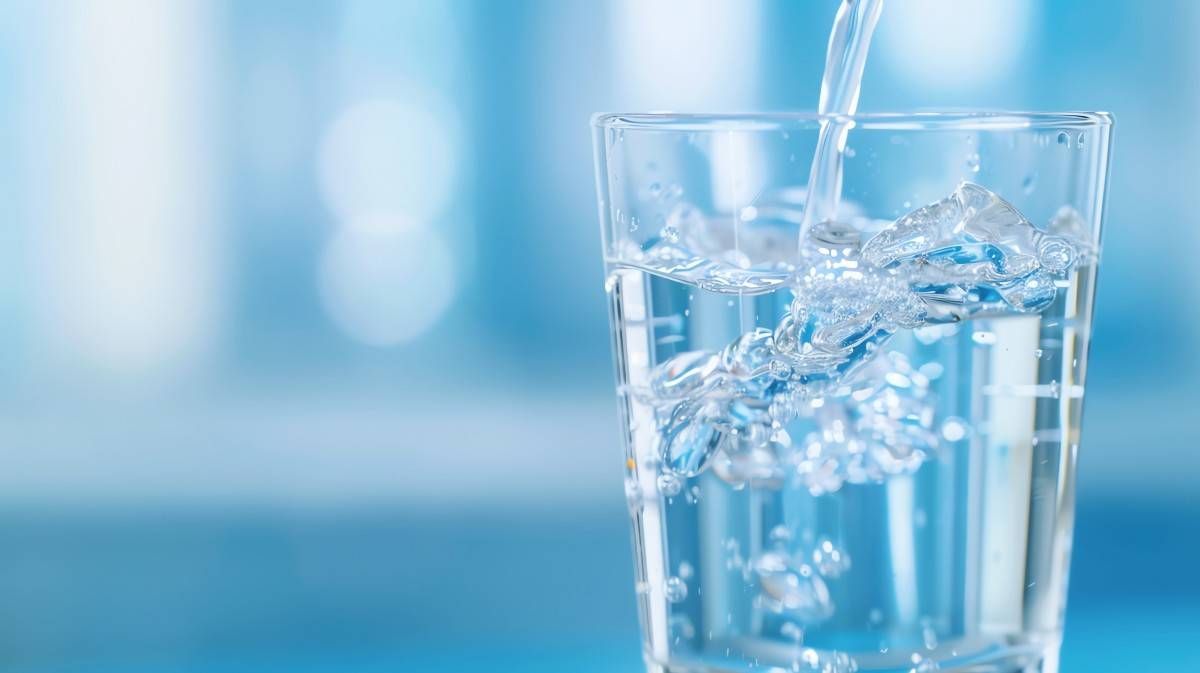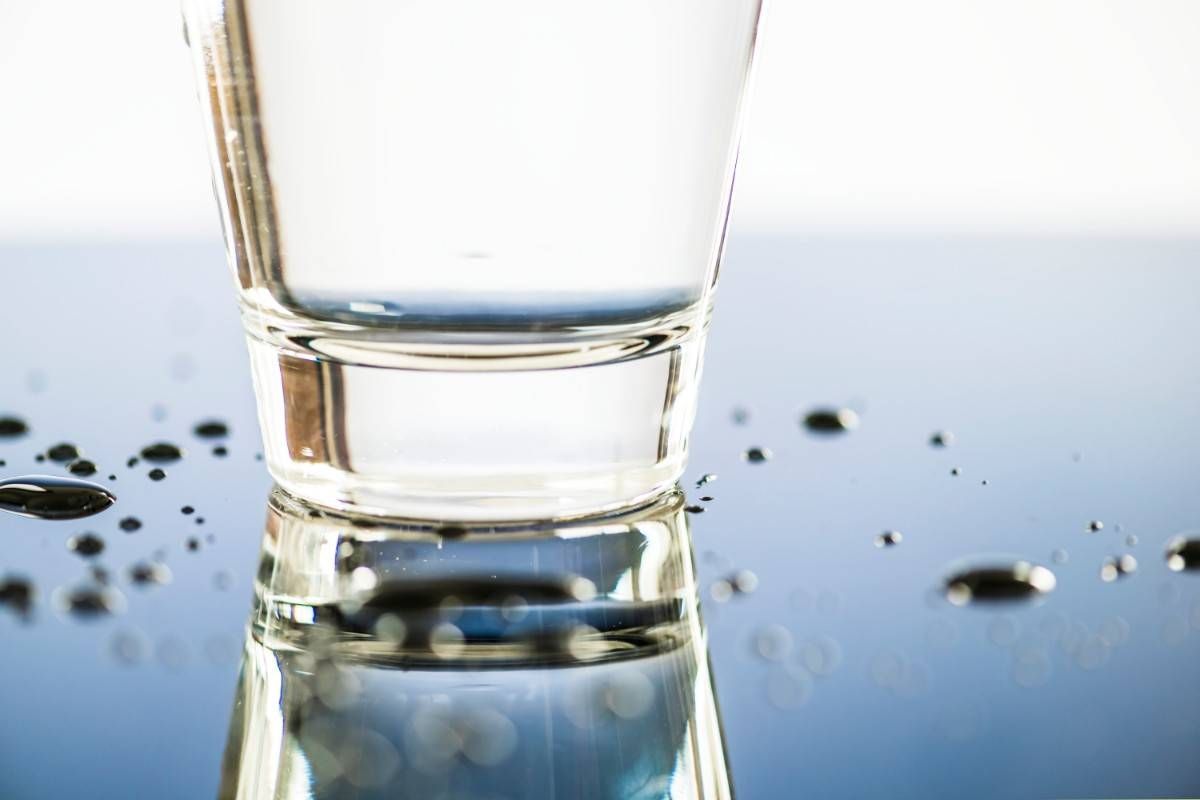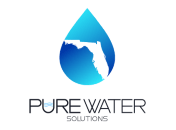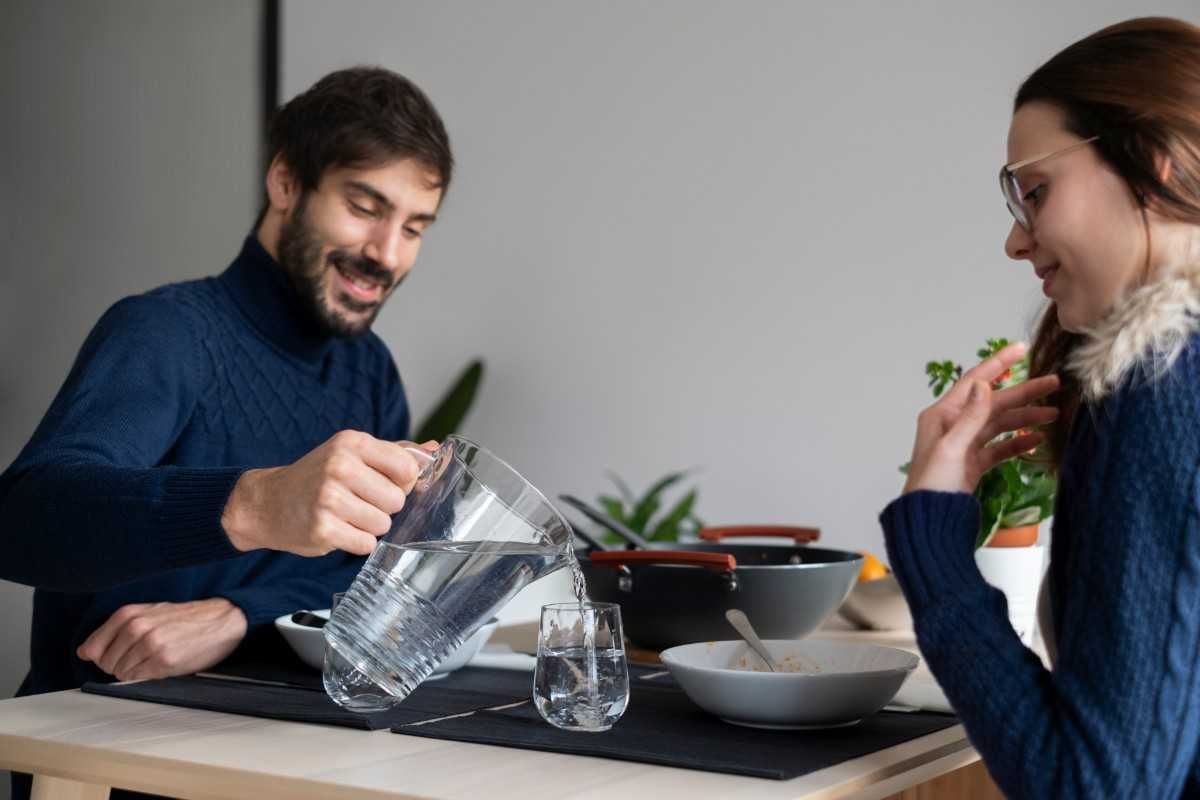Why the Best Water Filtration System Protects Family Health
Tap water travels through many pipes before reaching homes. Along the way, it picks up contaminants that treatment plants miss. What looks clean might carry invisible germs that harm health.
The best water filtration system removes these hidden dangers. Families deserve water that truly protects their health, not just water that meets minimum safety standards.
What Hides in Unfiltered Water
City water treatment removes most bacteria and large particles. But many smaller contaminants remain. Chlorine stays in water after disinfection. It creates an unpleasant taste and smell.
Lead enters water from aging pipes in older neighborhoods. Even tiny amounts harm children's development. No safe level of lead exists for young children.
PFAS chemicals now appear in water supplies nationwide. These "forever chemicals" don't break down naturally. Scientists link them to thyroid problems, immune system issues, and increased cancer risks.
Hard water minerals cause different problems. Calcium and magnesium build up inside pipes and appliances. They leave crusty deposits on faucets and make soap work poorly.
How Filtration Systems Work
The best water filtration system uses multiple stages to catch different contaminants. Each stage targets specific problems based on particle size and chemical properties.
Whole-home systems filter every drop entering the house. They install on the main water line. This protects drinking water, shower water, and water used in appliances.
Reverse osmosis provides the deepest clean available. Water pushes through microscopic membrane holes. Nearly everything except water molecules gets blocked.
Carbon filters excel at removing chlorine, pesticides, and chemicals that affect taste. Activated carbon works like a sponge. It traps organic compounds as water flows through.
Real Health Benefits of a Water Filtration System
Children who drink filtered water avoid exposure to development-harming substances. Their growing bodies absorb contaminants more easily than adults. Clean water supports healthy brain and body development.
Filtered water reduces skin irritation from chlorine and minerals. People with sensitive skin notice less dryness after switching to filtered shower water. Hair becomes softer and shinier, too.
Cooking with the best water filtration system improves food quality. Vegetables retain natural flavors without a chlorine taste. Rice, pasta, and soups taste better when prepared with clean water.
Making the Right Choice
Water quality varies by location. Testing the current water reveals which problems need fixing. Home test kits provide basic information about common contaminants.
System capacity matters for larger families. High-flow systems handle peak demand when multiple people use water simultaneously. Undersized systems create pressure drops and frustration.
Frequently Asked Questions
Q: How do homeowners know which filtration system they need?
Start with a water quality test. Municipal water reports show some contaminants but miss others. Home test kits check for lead, chlorine, hardness, and pH levels. Professional testing provides the most complete analysis.
Q: What maintenance does the best water filtration system require?
All systems need regular filter changes to work properly. Carbon filters last 6 to 12 months, depending on water usage and contamination levels. Reverse osmosis membranes work for 2 to 3 years before replacement.
Q: Can filtration systems handle well water effectively?
Yes, but well water needs different treatment than city water. Wells often contain bacteria, sediment, iron, sulfur, and manganese. The best water filtration system for wells combines multiple technologies.
